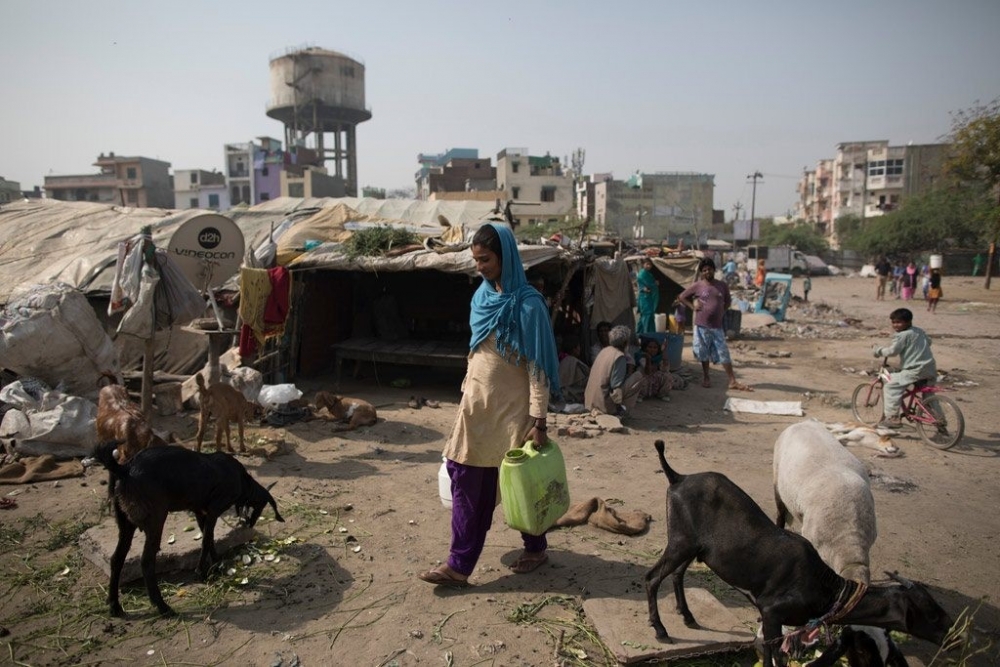Chennai’s water crisis worsens as water delivery providers strike

Last month, Chennai’s water delivery system went on strike to protest their restricted access to groundwater. This worsened the existing water crisis effecting the city and country.
A report earlier this year by the government policy think tank, NITI Aayog, warned that India was suffering its worst water crisis in history, threatening the lives and incomes of millions of Indians.
Across India 163 million people lack access to clean water close to their home, according to Water Aid.
According to the Chennai Metropolitan Water Supply and Sewerage Board, Chennai’s need for 800 million litres of water a day exceeds the 675 million litres that the government can provide.
In order to help, the government operates a “dial a tanker” service that delivers up to 200 million litres of water a day to offices, hotels, apartments and malls in Chennai.
Shekhar Raghavan, Director of the charity Rain Centre noted:
“There are neighbourhoods that depend on tankers throughout the year with no access to government water pipelines. That has given rise to the water mafia, which has total control over who will get how much water in the city.”
In neighbouring districts, tankers analyse good groundwater sources in agricultural areas, pay a fee to access the groundwater, and then sell it for fifty times the original cost.
Many people have criticised the water lorries, arguing that they are taking advantage of vulnerable people.
In October, the Madras High Court ruled on a petition against the Tamil Nadu water restrictions. The restrictions prohibited the companies’ access to groundwater in “critical” and “dark zones” where the water table is overused or extremely low.
Spokesman for the Chennai water board, R. Neelakandan believes that a potential desalination plant may be created within the next five years to provide 150 million litres of water per day to Chennai and its surrounding suburbs.
While many of Chennai’s residents hope for good monsoons in the upcoming months, wells need to be renovated and better harvesting and storage methods need to be implemented.
The AIDF Asia Summit will return in 2019.
If you’d like to stay informed on the latest updates in aid and development, please sign up for the AIDF newsletter.
Photo Credit: WHO















